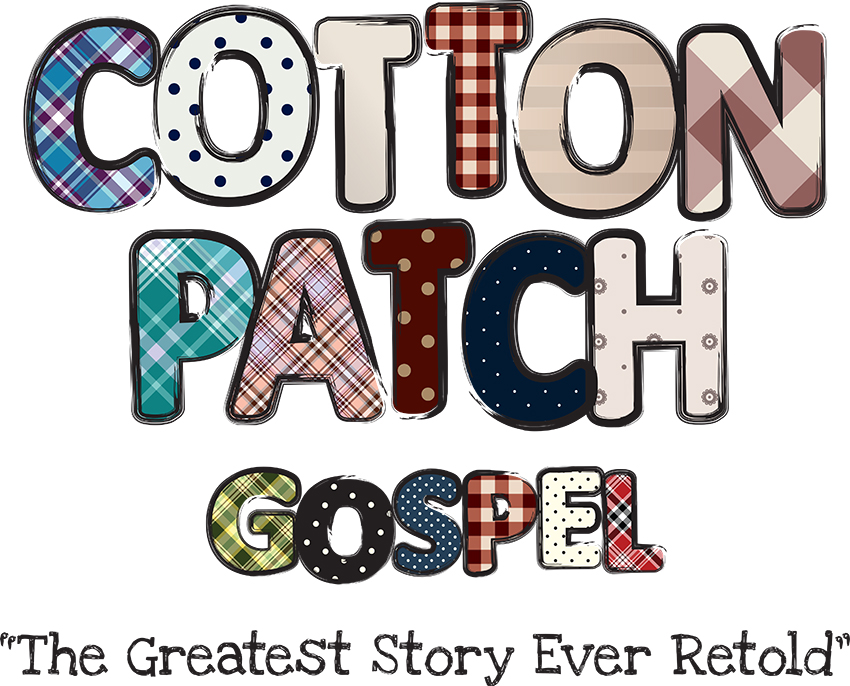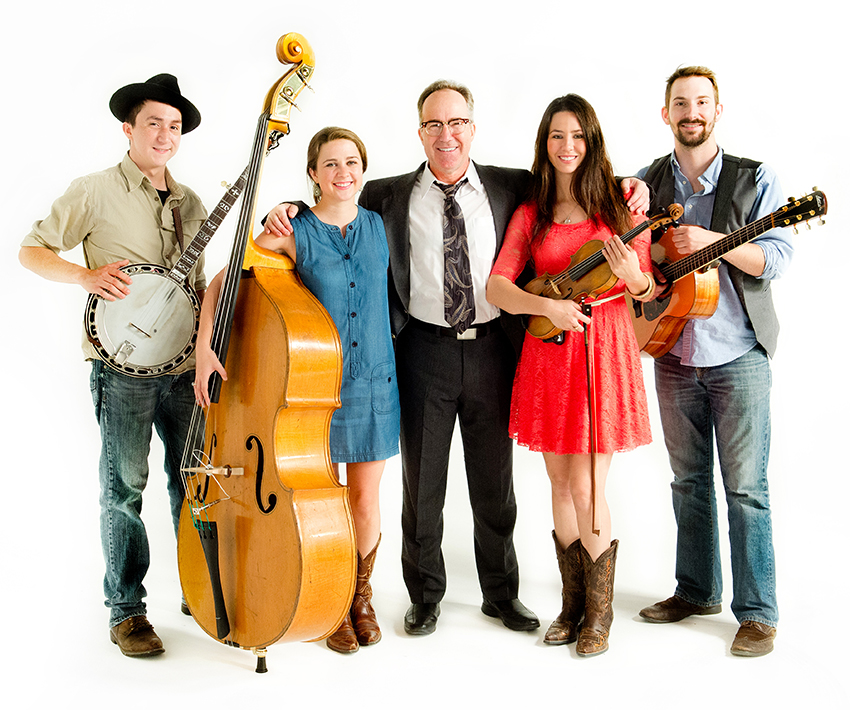The Greatest Story Ever Retold

With music & lyrics by Harry Chapin, this bluegrass musical is a southern reinterpretation of the gospel story – retelling the life of Jesus in modern day rural Georgia. Produced by Gary Musick Productions and Troupe America Inc. featuring a cast of five (including four live musicians), the “Greatest Story Ever Retold” is the only Off-Broadway play to be praised by both Rolling Stone and Christianity Today, and hailed as “A Joyous Triumph” by the New York Times.
“…Features some of the best songs Harry Chapin ever wrote!” -Rolling Stone
In 1933, a man named Clarence Jordan felt called to the ministry. Born in a small town in Georgia, he was a southerner through and through. In 1929 Jordan had enrolled at the University of Georgia in Athens with a major in “scientific agriculture.”
In 1942, Jordan began an experiment in communal Christian living. Koinonia Farm in Americus, Georgia, started with two young families, a dream and hard work. Despite harassment due to its insistence on integration, and misunderstanding due to the communal nature of its lifestyle, Koinonia prospered.
In the late 1950’s, Jordan found new energy and direction in translating the New testament from the original Greek. His aim was to make the message he believed so strongly understandable to both residents of Koinonia and its neighbors in rural Georgia. In Jordan’s translations, Jesus is born in Gainesville, and lives his story in the red clay of Georgia.
Tom Key moved to Atlanta in 1978. Atlanta is only hours away from Koinonia Farm, but Key had never heard of it. On Thanksgiving weekend, 1979, Tom Key was in Des Moines, Iowa, to perform his one-man show, C. S. Lewis. Walking into the theatre he happened to see a postcard advertising actor Alec McGowan’s tour-de-force performance of St. Mark’s Gospel. Why not a down-home Georgia version? That night Key mentioned the idea to the minister who had invited him to dinner. He left with a copy of Clarence Jordan’s Cotton Patch Gospel under his arm. Several months later, Key began performing an original one-man show based on Jordan’s work.
While performing at the Alabama Shakespeare Festival, Key met Russell Treyz, who directed and co-wrote the present version. They knew the show needed music – but who would compose it? New York producer, Phillip Getter had the answer – Harry Chapin. Key said Chapin “saw a showcase, loved it, and said ‘I was born to write the music for this show’. Which ended up being a prophetic thing to say because it was the last work that he did.
So a four piece band was added, and Harry’s brother, Tom Chapin, became musical director. The show opened in Boston in May 1981, and in New York the following October with 16 new Chapin songs and an old one, “One More Tomorrow”. Two of the songs, “It Ain’t Easy (Growing Up To Be Jesus)” and “Turn It Around”, were added just before Chapin’s untimely death on a Long Island Expressway. What New York saw that year, and what cities across the nation have applauded, is an upbeat, good –humored celebration of the life of Jesus which has prompted enthusiastic reviews from both the secular press and religious groups.

Cotton Patch Gospel does not preach fire and brimstone. It isn’t a fundamentalist revival meeting. But it is a “witness” – to the integrity, enthusiasm, and wit of both Clarence Jordan and Tom Key. Jordan gave the gospels a down-home vernacular rhythm; Tom Key gives them color and drama.
Key says, “I believe very firmly that my responsibility is to deliver the show and entertain and make it believable … I would be content, if it were God’s will for me, to be a postman. As a matter of fact, sometimes I’ve asked him, ‘Could I please get a break from all this pressure, deliver mail, and just get a paycheck at the end of the month?’ Enough of these hair-raising miraculous provisions!”
Cotton Patch Gospel is a co-production of Troupe America, Inc. and Gary Musick Productions.
